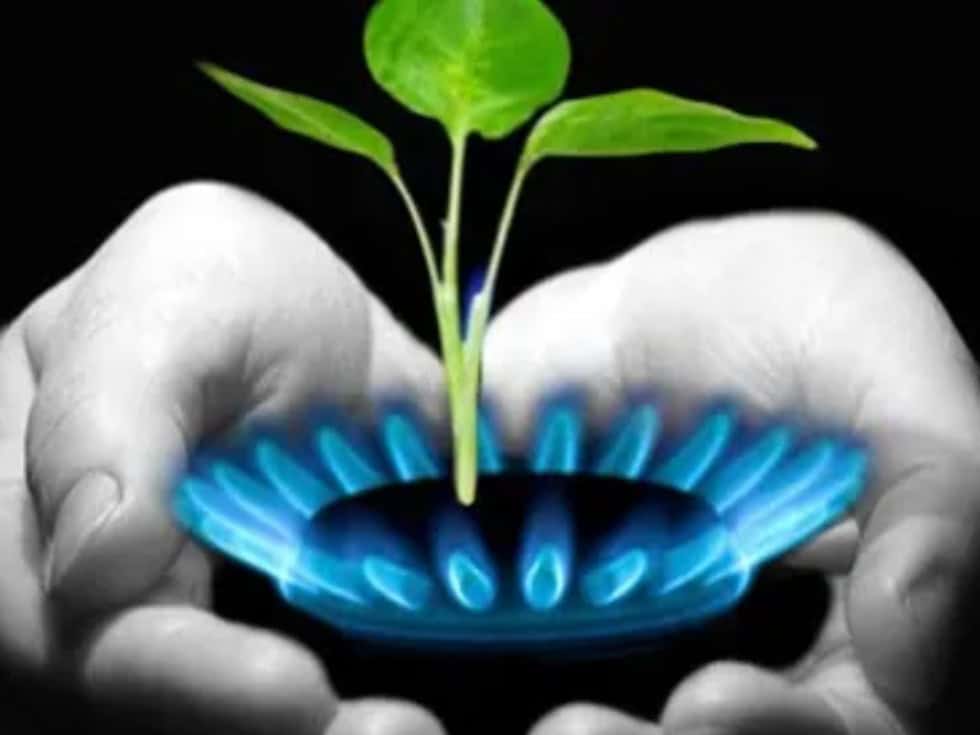Common question from a prospective generator owner; “Which is better… diesel or natural gas?”
To help my clients make an educated decision, I developed a series of questions to determine if a diesel or natural gas generator is the right choice for commercial & industrial applications. Diesel is almost never used for residential/home backup power. The best choice is always natural gas (if available) or propane.
NOTE: I first posted this list at www.titanenergy.com back in 2012 and have made a few edits and additions.
Start with this: in a commercial (and many industrial) setting, Natural Gas should be your initial preference. Natural Gas engines are cleaner and often quieter than diesel. Operating costs (fuel and maintenance) for natural gas engines are lower. Natural gas is converting to electricity on par with Duke energy these days = ZERO fuel costs and you only pay for the fuel you use, as you use it.
Generators powered by diesel can be less expensive as a first cost, but any savings brings a higher “hassle factor” to you, the owner.
Then again, depending on your application a diesel may be your only option. Review this list to learn more:
1] Does your facility have access to natural gas and is the service size large enough to power a generator? Here in Florida there are many areas without gas service. Also, your natural gas service may not have the flow or pressure needed to run a generator. A call to your utility representative is often necessary to determine the capacity of your service.
2] Is this an Emergency Backup generator only? Diesel generators will almost always be the least expensive (best) choice for an emergency only generator. Emergency generators don’t have to comply with the new NSPS or RICE/NESHAP regulations. With limited run times, the much higher cost of diesel fuel is rarely an issue, negating any advantages from a more expensive natural gas generator.
3] Will the generator backup the entire facility (completely replace the utility during an outage) or just support critical / mandatory loads? Again, a diesel (or bi-fuel diesel & natural gas) is the typical choice if the need is for full backup unless…
4] Will the generator also be used as part of a financial arrangement (demand response, peak shave, interruptible program, etc…) with your electric utility? A number of Florida’s electric utilities (Duke Energy & FPL) offer some very attractive discount programs. To participate in these programs new diesel generator installations must meet the latest tier 4 emissions classification to participate in any utility program.
Generac’s Non-Emergency rated natural gas generators also qualify for these programs. With the capital equipment costs equal, the cost of fuel becomes very important. The anticipated utility control periods (generator run times) of 150 – 200 hours annually.
5] How much would your business benefit from a complete back-up, vs. just backing up critical loads? We ask this question to confirm if it would make sense to look at a full back-up system and participating in a utility program to offset much of the capital costs of the larger generator.
6] What limits, restrictions or regulations exist? Does the generator require an “on site” fuel supply? Diesel maybe the only option.
7] Are you concerned with your businesses “Green” image? Does the thought of a diesel engine producing a big black cloud of exhaust smoke on start-up make you cringe?
Obviously equipment availability & costs will figure in here as well.
If you’d like to discuss your specific needs, feel free to call me 727-432-5335 or email john@fixmygen.com

